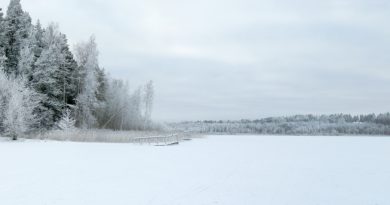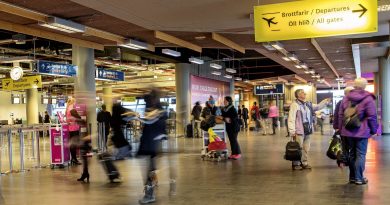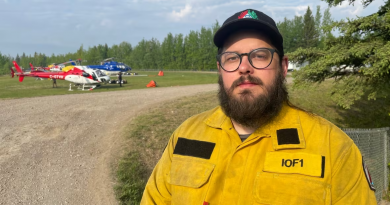Iceland sets up committee to examine COVID-19 response
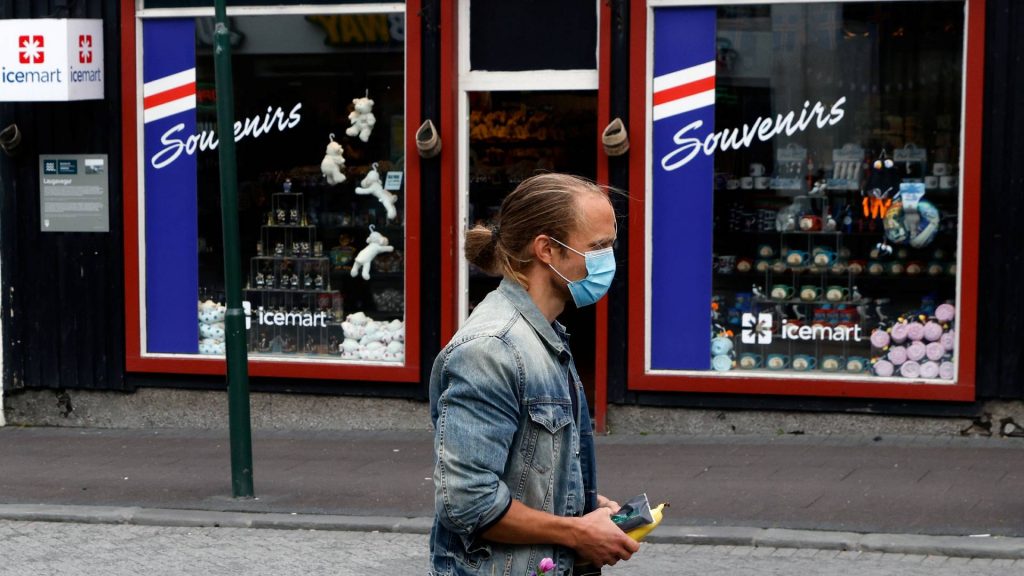
Iceland’s Prime Minister has appointed a committee to assess the country’s response to the COVID-19 pandemic.
Katrin Jakobsdottir has tasked the group to examine all aspects of the pandemic including: preparedness, decision-making, information dissemination and the social impacts, the government said in a news release on Tuesday.
The committee will be made up of Asthildur Elva Bernhardsdottir, an associate professor at Bifrost University, Gudny Bjork Eydal, professor at the University of Iceland, and Trausti Fannar Valsson, associate professor at the University of Iceland.
The committee will issue its final report by March 2022.
Iceland has been widely praised by the international community for its response to the pandemic, including it’s early procurement of PPE, letting public health authorities lead the response, and the sequencing of samples allowing authorities to easily understand which variants were circulating where in the country.
Navigating fourth wave
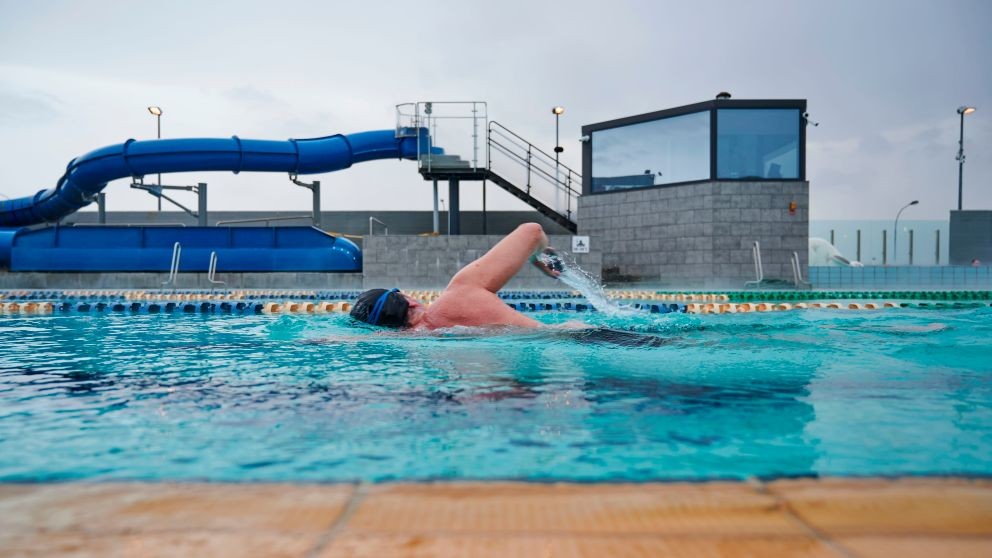
Iceland is still navigating its fourth wave but with case counts dropping, lifted some restrictions on August 28.
As of Saturday, swimming pools and health and fitness facilities have been permitted to operate and full capacity. Also, the 1 metre social distancing rule will no longer be required for sports spectators or people attending staged events were the audience is seated.
These new rules will be in place until September 17 and then reviewed.
The government said the infection spike after domestic restrictions were lifted this summer means the ongoing loosening of restrictions will be carefully considered.
Iceland lifted several testing and public health measures early this summer but had reinstated many by the beginning of August after a surge in cases related to the Delta variant.
“The Chief Epidemiologist notes that the spread of the virus following the removal of all domestic restrictions at the beginning of July was fast and he therefore emphasised caution in lifting domestic and border restrictions in the near future,” the government said in a news release on Friday.
Rapid testing coming September 3
The government also plans to introduce rapid testing for large events that would allow up to 500 seated people to gather at a time in one place.
As of Tuesday, Iceland was reporting a 14- day incidence of 287.7 domestic infections per 100,000 people, and 15.3 cases per 100,000 people at the border.
Write to Eilís at eilis.quinn@cbc.ca
Related stories from around the North:
Canada: Inuit region of Arctic Quebec to adopt provincial COVID-19 passport, Eye on the Arctic
Finland: Berry firms moved harvesters from Lapland to East Finland even if exposed to, infected with COVID-19, Yle News

